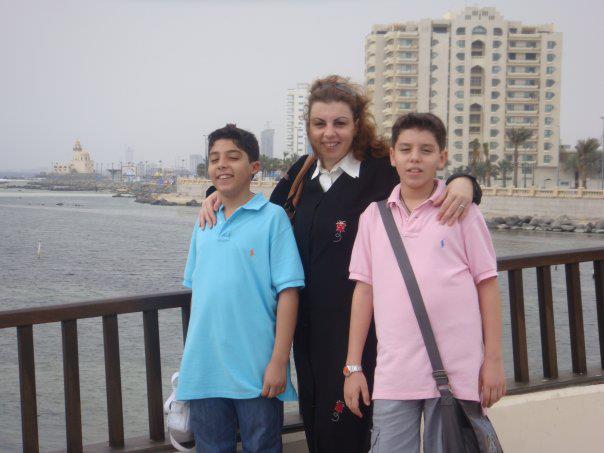Egypt has hosted the 42nd edition of the Executive Council of the Islamic World Educational, Scientific and Cultural Organization (ISESCO), with the participation of 49 countries.
Minister of Higher Education and Scientific Research Khaled Abdel Ghaffar asserted that the ISESCO aims to achieve cooperation and fruitful dialogue on issues of common interest in the fields of education, science and culture, noting that these areas are the main way to develop human societies.
He added that no nation can achieve scientific progress and civilized development, without education, science, practical educational experiences and societal behavioural values.
Acting Chairman of the Executive Council of ISESCO, Nawaf Al-Ajarmeh, explained that ISESCO represents a distinguished model for constructive cooperation and fruitful dialogue in education, science and culture, in response to the aspirations of the Islamic world citizens, in facing challenges, especially the challenges of the novel coronavirus (COVID-19) pandemic.
He affirmed his support for the work of ISESCO, which is considered a pioneer in education, science, culture, and teaching Arabic to non-native speakers, as well as protecting heritage.
Chairman of the Palestinian National Committee for Education, Culture and Science, Ali Zeidan Abu Zuhri, indicated that this meeting aims to combat the challenges of the COVID-19 pandemic on the educational, cultural and scientific system, consolidating Islamic cooperation, and adopting plans and strategies to keep pace with the rapid global modernity changes.
He added that ISESCO will provide training, research and innovation, directing salutations to the organization’s management to support the efforts of member states in order to confront the repercussions of the coronavirus pandemic in the fields of education, science and culture.
The ISESCO has prepared a strategic plans for 2022, 2023, 2023 to achieve three strategic objectives represented in the sustainability of ISESCO’s service, guidance and advisory roles in its fields of work for the benefit of member states, and accelerating their recovery efforts from the repercussions of COVID-19 pandemic.




